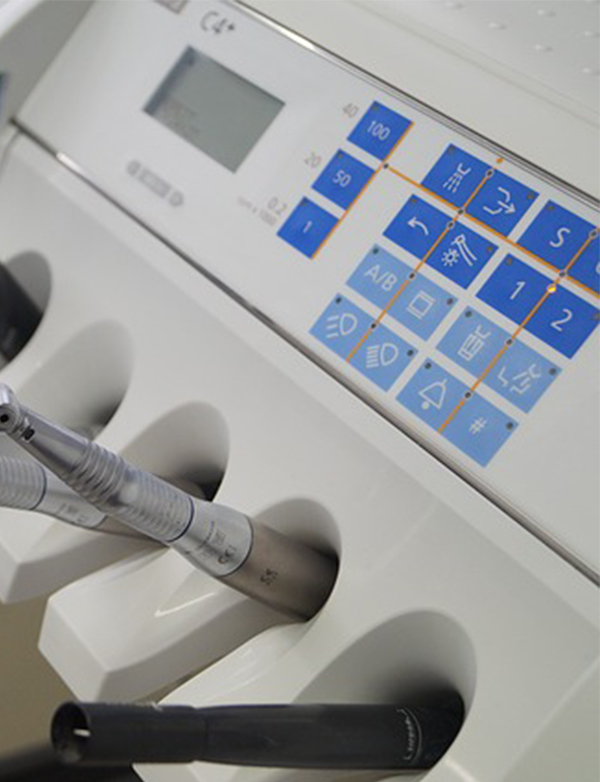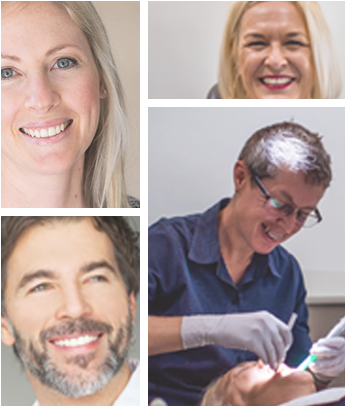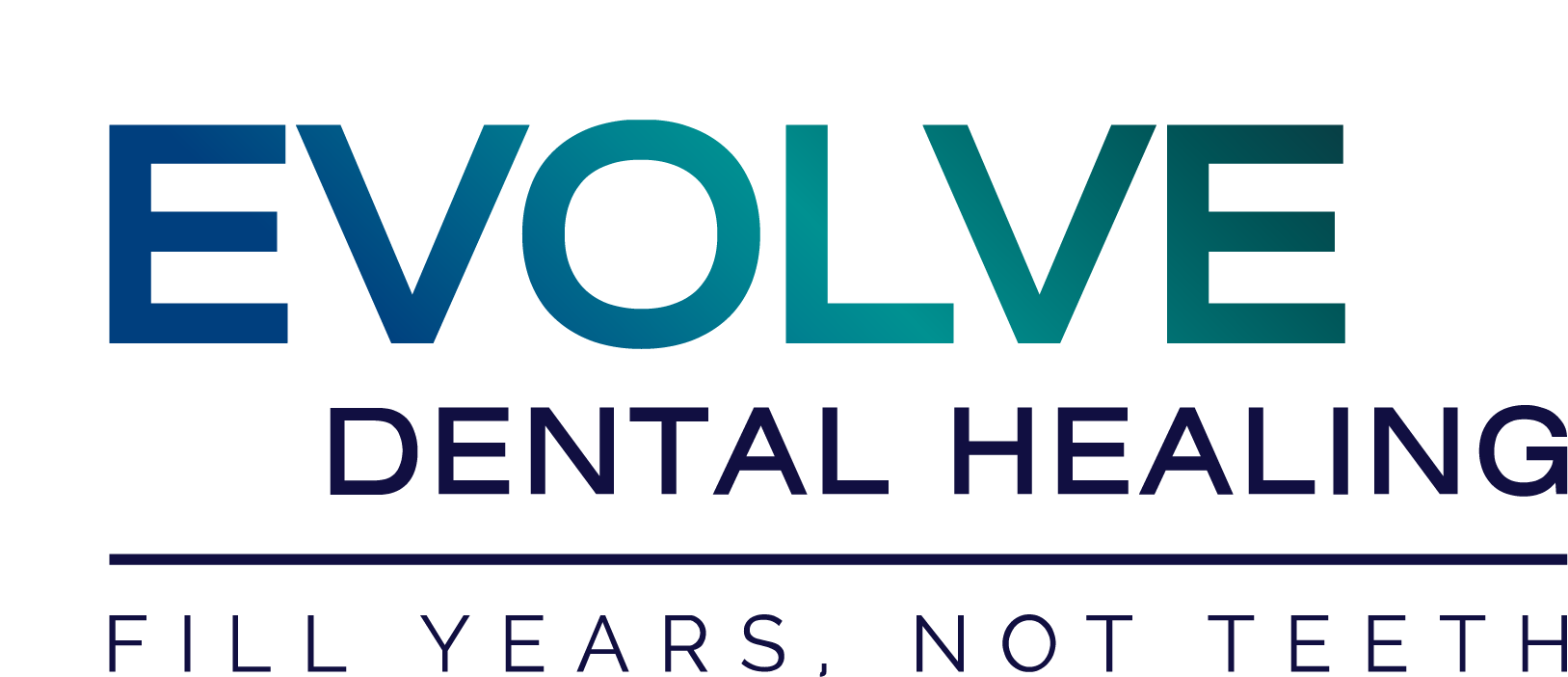Natural Ways to Prevent Tooth Decay

Are there natural ways to prevent cavities and tooth decay? Cavities are small holes in the teeth caused by decay. Several home remedies can prevent this tooth decay or stop it before it forms a cavity.
A build-up of food and bacteria form a film on the teeth. The term for this is a plaque. If plaque is not removed, it will cause tooth decay.
Streptococcus mutans is a type of bacteria known to play a role in tooth decay.
Plaque builds up more easily in places such as:
- cracks, pits, and grooves in the teeth
- between the teeth
- around any fillings, particularly when they are chipped or broken
- close to the gum line
Tooth Decay
Over time, decay reaches the tooth’s inner layer, called the dentin. At this point, a cavity starts to develop and needs to be treated by a dentist to stop it destroying more of the tooth which can lead to pain, infection or tooth loss.
It is possible to prevent a cavity using home remedies when decay is at the pre-cavity stage. This is when decay has made holes in a tooth’s enamel but has not yet reached the dentin.
Once the dentin decays and a cavity starts to form, professional treatment is necessary.
Can you get rid of cavities at home?
Cavities must be treated by a dentist as once decay is through the outer layer it can not be stopped from spreading deeper into the tooth structure.
However, several home remedies can strengthen tooth enamel at the pre-cavity stage. This process is known as remineralising, and it prevents a cavity from forming.
Brushing and flossing the teeth twice daily is a tried-and-tested way to remineralise tooth enamel and prevent cavities.
The conventional advice is to use fluoride to prevent tooth decay and strengthen enamel. However, fluoride use, effectiveness and risk to health from fluoride exposure is a controversial topic and because of this many people prefer to use natural home remedies, rather than products containing fluoride.
Home Remedies To Prevent Tooth Decay
1. Oil pulling
Oil pulling originated in an ancient system of alternative medicine called Ayurveda. It involves swishing a tablespoon of sesame or coconut oil around in the mouth for a prescribed period, then spitting it out.
While some claims about oil pulling are not scientifically supported, research indicates that it can improve tooth health. A 2009 study found that using sesame oil in the pulling technique reduced the amount of plaque and bacteria to the same extent as a mouthwash.
For mouthwash to be effective it need only be swished for 1-2 minutes whereas oil pulling needs to be done for 10-20 minutes and very vigorously.
When choosing a mouthwash to ensure it is alcohol-free and uses natural ingredients like essential oils so as not to harm your mouth health or destroy your good bacteria, which help protect from dental decay and gum disease.
If oil pulling reduces plaque, this may help to remineralise enamel and prevent cavities.
2. Aloe Vera
Aloe Vera tooth gel may help to fight off bacteria that cause cavities. The antibacterial effect of this gel kills harmful bacteria in the mouth, according to a 2015 review.
Aloe vera gel may help to remineralise enamel at the pre-cavity stage.
3. Avoid phytic acid
Phytic acid may damage tooth enamel, and some believe that cutting it out of the diet can prevent tooth decay and cavities.
A study from the 1930s linked cavities to a diet high in phytic acid. However, there is a lack of recent evidence to support this.
A 2004 study found that phytic acid affected the mineral absorption from food. Some online articles use this study to draw further conclusions. They suggest that phytic acid may also break down minerals in enamel and lead to tooth decay.
Phytic acid is most commonly found in cereals and legumes, including the following:
- maize/corn
- wheat
- rice
- rye
- kidney beans
- haricot beans
- pinto beans
- navy beans
- blackeye beans
- broad beans
4. Vitamin D
A 2013 review concluded that vitamin D supplements helped to reduce the incidence of dental cavities significantly.
The vitamin may have a mineralising effect, which helps to strengthen tooth enamel.
5. Avoid sugary foods and drinks
Consumption of sugar is among the leading causes of cavities. Sugar mixes with bacteria in the mouth and forms an acid, which wears down tooth enamel.
The World Health Organisation (WHO) recommends that people prevent cavities by consuming fewer sugary foods and drinks, this 2016 review notes.
6. Eat licorice root
The antibacterial properties of licorice root may target the bacteria that cause cavities, according to a 2011 trial.
A small study from the same year suggested that sucking on a lollipop containing licorice extract might help to prevent cavities.
However, more research is needed before dentists can recommend these lollipops for cavity prevention.
7. Sugar-free gum
Results of a 2015 study indicate that chewing sugar-free gum after meals reduced levels of bacteria that damage enamel.
Having less of this bacteria may lead to stronger enamel that is better equipped to withstand decay.
When to see a dentist
Home remedies may reduce the risk of cavities or reverse damage to enamel in the pre-cavity stage.
These remedies should be used alongside dentist-recommended techniques, such as brushing and flossing.
Not all cavities cause pain, so it is essential to see a dentist regularly.
Dentists can detect cavities at an early stage and recommend preventive action. They may also provide a filling, crown, or other treatment for advanced cases of decay.
If you want to prevent tooth decay then you need to eat nutrient dense foods, be well hydrated, get exposure to sunlight or take vitamin D, have good oral hygiene and visit your dentist regularly for preventive care and regular checks.
-
Dr. Rachel Hall
Rachel is the founder and principal dentist at Evolve Dental Healing with over 30 years experience, practising holistically since 2001. Not your typical dentist, Rachel is a passionate opinion leader, challenging convention to empower people to make better dental and health choices, helping thousands to have healthy natural smiles. A respected writer and presenter on holistic dentistry, health and wellness it is Rachel’s mission to revolutionise the way people look at their dental health.
Talk to us for more details and information
CONTACT US
67 Kenmore Road
Kenmore Queensland 4069
Phone: 07 3720 1811
Fax: 07 3720 1899
Email: info@evolvedental.com.au
OPENING HOURS
Monday – Friday: 7:30am – 5:30pm
References and Citations Mercury & Amalgam Fillings




